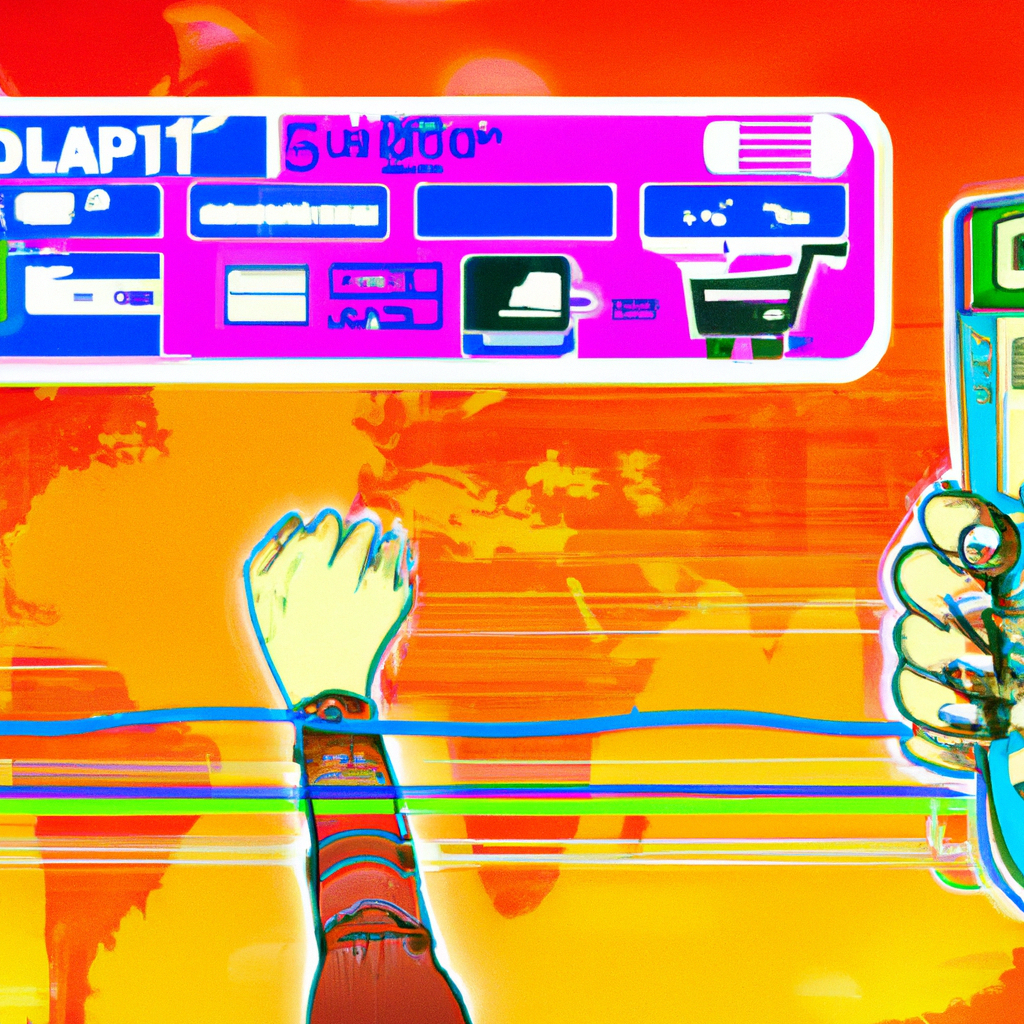Table of Contents
Introduction: The Importance of Choosing the Right Online Payment Method
In today's digital age, online payment methods have become an essential part of our daily lives. Whether you're shopping online, paying bills, or transferring money to friends and family, there are a variety of payment options available to choose from. However, with so many different payment methods to choose from, it can be challenging to determine which one is right for you. Choosing the wrong payment method can result in security risks, high fees, and inconvenience. Therefore, it's crucial to understand the different types of online payment methods and consider factors such as security, convenience, and fees before making a decision.
Understanding the Different Types of Online Payment Methods
There are several types of online payment methods available, including credit cards, debit cards, e-wallets, mobile payment apps, and bank transfers. Each payment method has its own advantages and disadvantages, and it's essential to understand how they work before choosing one. Credit cards are one of the most popular payment methods, allowing users to make purchases and pay them off over time. Debit cards, on the other hand, deduct funds directly from a user's bank account. E-wallets, such as PayPal and Skrill, allow users to store their payment information securely and make purchases without having to enter their payment details each time. Mobile payment apps, such as Apple Pay and Google Wallet, allow users to make payments using their smartphones. Bank transfers allow users to transfer funds directly from their bank account to another account.

Security Considerations When Choosing an Online Payment Method
Security is a crucial factor to consider when choosing an online payment method. With the rise of cybercrime, it's essential to choose a payment method that offers robust security features to protect your personal and financial information. Credit cards and e-wallets are generally considered to be secure payment methods, as they offer fraud protection and encryption to protect your data. Mobile payment apps also offer security features such as biometric authentication and tokenization. However, it's important to note that no payment method is entirely foolproof, and users should always take precautions such as using strong passwords and avoiding public Wi-Fi when making payments.

Convenience and Ease of Use: Factors to Consider
Convenience and ease of use are also essential factors to consider when choosing an online payment method. Some payment methods may be more convenient than others, depending on your needs and preferences. Credit cards and e-wallets are generally considered to be convenient payment methods, as they allow users to make purchases quickly and easily. Mobile payment apps are also convenient, as they allow users to make payments using their smartphones. However, bank transfers may be less convenient, as they can take several days to process.
Fees and Charges: Comparing the Costs of Different Payment Methods
Fees and charges are another crucial factor to consider when choosing an online payment method. Some payment methods may charge higher fees than others, which can add up over time. Credit cards and e-wallets may charge fees such as transaction fees, currency conversion fees, and annual fees. Mobile payment apps may also charge fees for certain transactions. Bank transfers may be the most cost-effective payment method, as they typically do not charge fees.
Popular Online Payment Methods: Pros and Cons

PayPal: Is it the Best Option for You?
PayPal is one of the most popular e-wallets, offering users a secure and convenient way to make payments online. PayPal allows users to store their payment information securely and make purchases without having to enter their payment details each time. PayPal also offers fraud protection and encryption to protect users' data. However, PayPal may not be the best option for everyone. PayPal charges fees for certain transactions, and users may experience delays in receiving their funds. Additionally, PayPal may not be accepted by all merchants, which can limit its usefulness.
Credit Cards: Advantages and Disadvantages
Credit cards are one of the most popular payment methods, offering users the ability to make purchases and pay them off over time. Credit cards also offer fraud protection and encryption to protect users' data. However, credit cards may not be the best option for everyone. Credit cards may charge high fees and interest rates, and users may be at risk of overspending and accumulating debt. Additionally, credit cards may not be accepted by all merchants, which can limit their usefulness.

Mobile Payment Apps: Are They Safe and Secure?
Mobile payment apps, such as Apple Pay and Google Wallet, offer users a convenient way to make payments using their smartphones. Mobile payment apps also offer security features such as biometric authentication and tokenization to protect users' data. However, mobile payment apps may not be the best option for everyone. Mobile payment apps may charge fees for certain transactions, and users may experience delays in receiving their funds. Additionally, mobile payment apps may not be accepted by all merchants, which can limit their usefulness.
Making the Right Choice: Factors to Consider When Choosing an Online Payment Method
When choosing an online payment method, it's essential to consider factors such as security, convenience, fees, and acceptance by merchants. Users should also take precautions such as using strong passwords and avoiding public Wi-Fi when making payments. By understanding the different types of online payment methods and considering these factors, users can choose the payment method that best meets their needs and preferences.

